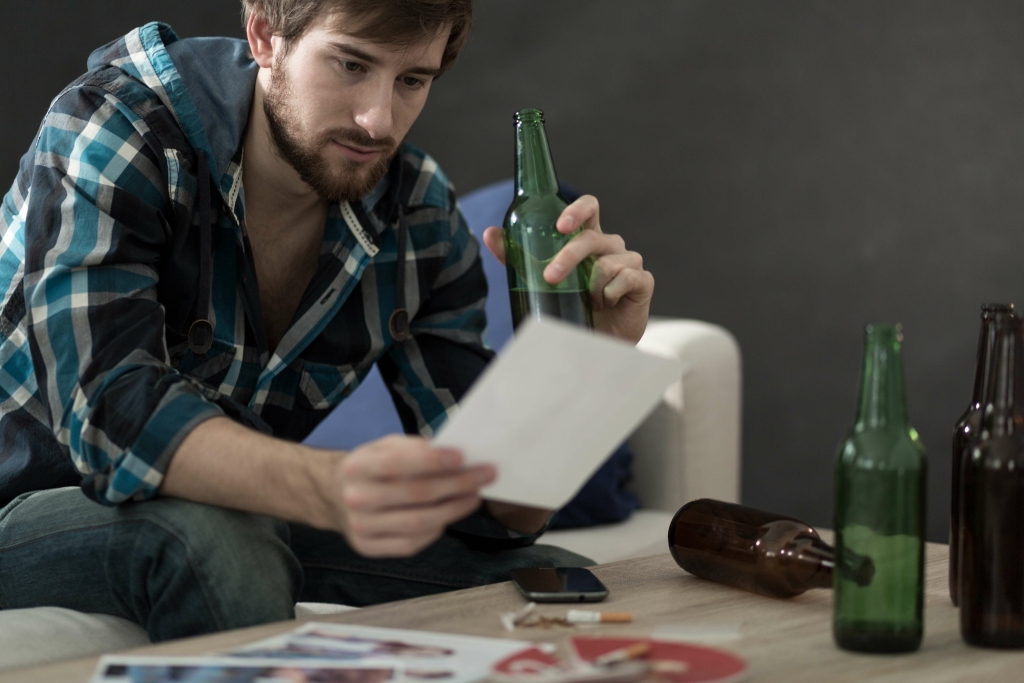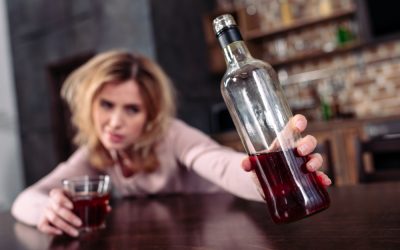People who have problems with alcohol are also more likely to self-harm and commit suicide. Sarah Allen Benton, M.S., LMHC., LPC, is a licensed mental health counselor and author of Understanding the High-Functioning Alcoholic. The core principle of positive psychology is to focus on building what’s good in life, rather than just fixing what’s bad. The field has provided valuable insights, particularly in therapy, coaching, education, and organizational development. Reframe supports you in reducing alcohol consumption and enhancing your well-being.
Impact on your health
Noticing these moments can help you make a plan for different ways to cope. Alcohol affects your brain, making you feel relaxed in a small amount of time. As you drink more, you become intoxicated and unsteady, and you might do or say things you normally won’t. Dr. Brene Brown has explored the topics of shame and vulnerability in a way that has resonated with the public and resulted in over 6 million views of her TED Talks.
Treating alcohol misuse
However, if you consume alcohol to cope with difficulties or to avoid feeling bad, you’re in potentially dangerous territory. If experiencing symptoms of anxiety or depression, or if alcohol consumption becomes unmanageable, it may be wise to consult a healthcare provider. Cognitive behavioral therapy is one of several effective treatments for managing emotional aspects of alcohol consumption.

If you suspect someone has alcohol poisoning …
You don’t have to be homeless and drinking out of a brown paper bag to be an alcoholic. Many alcoholics are able to hold down jobs, get through school, and provide for their families. But just because you’re a high-functioning alcoholic doesn’t mean you’re not putting yourself or others in danger.
Feeling Guilty After Drinking? Here’s How To Cope.
Small, conscious choices can pave the way for significant improvements in mental well-being and in the relationship with alcohol. Drinker’s remorse often triggers a cascade of negative thoughts that can spiral into an emotional pitfall. One way to arrest this downward spiral is through positive affirmations or by recalling past instances where alcohol consumption was successfully managed. This acts as a mental counterbalance, replacing feelings of failure and regret with empowerment and hope. Over time, this repository of positive reminders can serve as an emotional first-aid kit, available when needed.

It’s also a good idea to have non-alcoholic options in mind to substitute for additional drinks beyond the set limit. This way, there’s a ready alternative that doesn’t involve consuming more alcohol. When dealing with drinker’s remorse, it’s crucial not only to address the immediate physical symptoms but also to take stock of the psychological repercussions.

Large amounts of alcohol consumed over a long period of time can negatively impact the parts of your brain that deal with judgment, balance and coordination. It’s common to replay the events of the night before, fixating on what was said, how much alcohol was consumed, and any actions that now seem regrettable. This rumination can kickstart a cycle of negative thought patterns, creating a mental loop that replays these moments of regret, exacerbating feelings of shame, guilt, or anxiety. These thought patterns are not innocuous; they can significantly influence self-esteem and general well-being.
- Alcohol changes the way your brain cells signal to each other, which can make you feel relaxed.
- If you’ve been drinking more or more often—or drinking to cope with stress—you could have an issue with problem drinking.
- Those problems could include depression, an inability to manage stress, an unresolved trauma from your childhood, or any number of mental health issues.
- The more drowsy and sick the alcohol makes you feel, the more your body is going to release cortisol to amp up its defenses.
- A glass of water and a light snack can help you avoid a bad hangover.
If you begin to notice any unwanted side effects — physical or emotional — why can’t i control my drinking while drinking, it may be best to call it a night. When you regularly turn to alcohol to manage challenges and negative feelings, you may not take other actions that could help you address those problems effectively. Dopamine produces positive emotions that make you feel good and help reinforce your desire to drink, but alcohol affects your central nervous system in other ways, too. While alcohol use can directly trigger feelings of depression, it can also contribute to symptoms in more indirect ways. The more you drink, however, the more likely your emotional state will begin plummeting back down.
